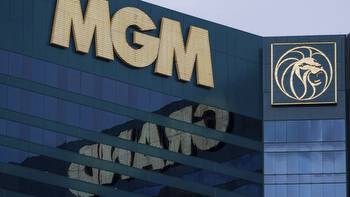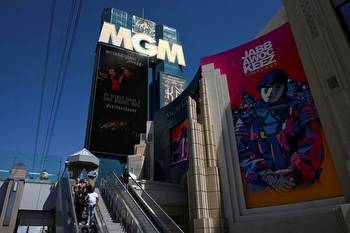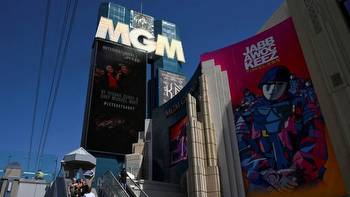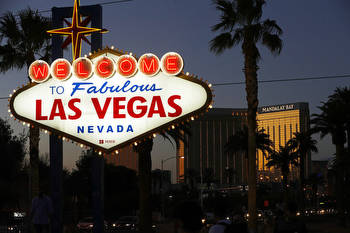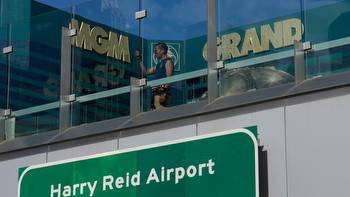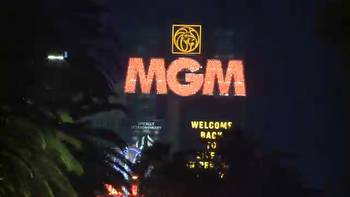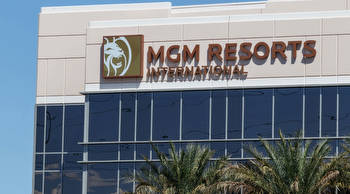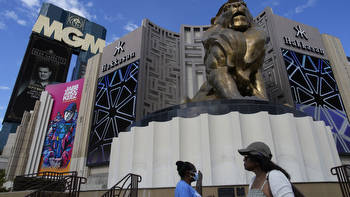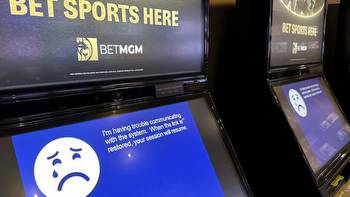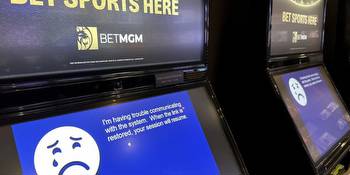Cyberattack at MGM Resorts expected to cost casino giant $100 million
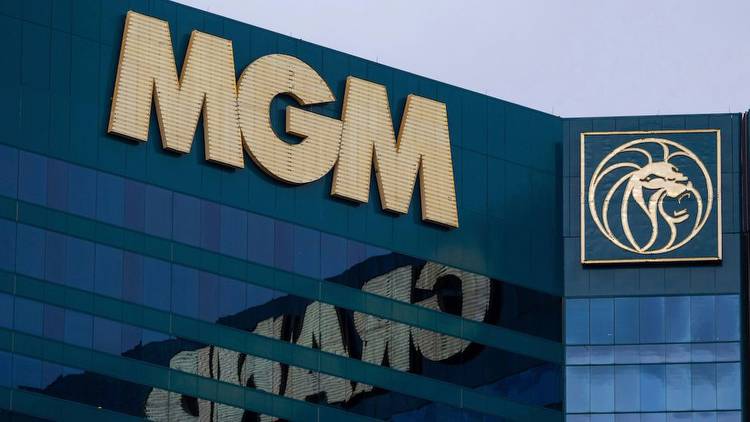
The data breach that MGM Resorts is calling a cyberattack is expected to cost the casino giant more than $100 million
ByWYATTE GRANTHAM-PHILIPS AP business writerOctober 6, 2023, 11:06 AMNEW YORK -- The data breach last month that MGM Resorts is calling a cyberattack is expected to cost the casino giant more than $100 million, the Las Vegas-based company said.
The incident, which was detected on Sept. 10, led to MGM shutting down some casino and hotel computer systems at properties across the U.S. in efforts to protect data.
MGM said that reservations and casino floors in Las Vegas and other states were affected — as customers shared stories on social media about not being able to make credit card transactions, obtain money from cash machines or enter hotel rooms. The company announced the end its 10-day computer shutdown on Sept. 20.
The incident bore all the hallmarks of an extortionary ransomware attack, which MGM has not confirmed. If so, it could be the costliest ransomware attack on record, said Brett Callow of the cybersecurity firm Emsisoft. In 2019, the Norwegian aluminum manufacturer Norsk Hydro suffered $70 million in losses after refusing to pay ransomware criminals.
“While we experienced disruptions at some of our properties, operations at our affected properties have returned to normal, and the vast majority of our systems have been restored,” MGM CEO Bill Hornbuckle said in a Thursday letter to customers. “We also believe that this attack is contained.”
Hornbuckle added that no customer bank account numbers or payment card information was compromised in the incident. But hackers stole other personal information — including names, contact information, driver's license numbers, Social Security numbers and passport numbers belonging to some customers who did business with MGM prior to March of 2019, he said.
MGM has no evidence that the hackers and criminals have used the data to commit account fraud or identity theft, Hornbuckel said, noting that the company will also reach out to impacted consumers via email and offer free identity protection and credit monitoring services.
“We regret this outcome and sincerely apologize to those impacted," he added.
In a filing with the Securities and Exchange Commission, MGM said it believes that September's data breach will have a negative impact on its third-quarter financial results, particularly in Las Vegas — but minimal impact in the fourth quarter and operational results for the year.
In addition to the estimated $100 million loss on adjusted property earnings before interest, taxes, depreciation, amortization and rent for its Las Vegas Strip resorts and other regional operations, MGM expects to incur charges totaling less than $10 million covering one-time expenses like legal fees and technology consulting.
MGM wasn't the only casino giant to get hit by hackers last month. Caesars Entertainment disclosed a Sept. 7 cyberattack. The Reno-based company said that its casino and online operations were not disrupted.
Caesars was widely reported to have paid $15 million of a $30 million ransom sought by a group called Scattered Spider for a promise to secure the data. According to a Thursday Wall Street Journal report, which cited a unnamed person familiar with the matter, MGM refused to pay hackers' September ransom demand.
MGM did not immediately respond to The Associated Press' request for further comment.
Both casino operators currently face a combined nine federal lawsuits over the cyberattacks, the Las Vegas Review-Journal reported this week.
Beyond the casino world, Clorox disclosed a cyberattack recently, saying it had identified “unauthorized activity” on some of IT systems in August. The maker of bleach and other household products said the attack has caused large-scale disruption of operations, including notable product shortages and order processing delays.
In a Wednesday announcement, Clorox said that its net sales are expected to fall between 23% and 28% for the first quarter of 2024.









